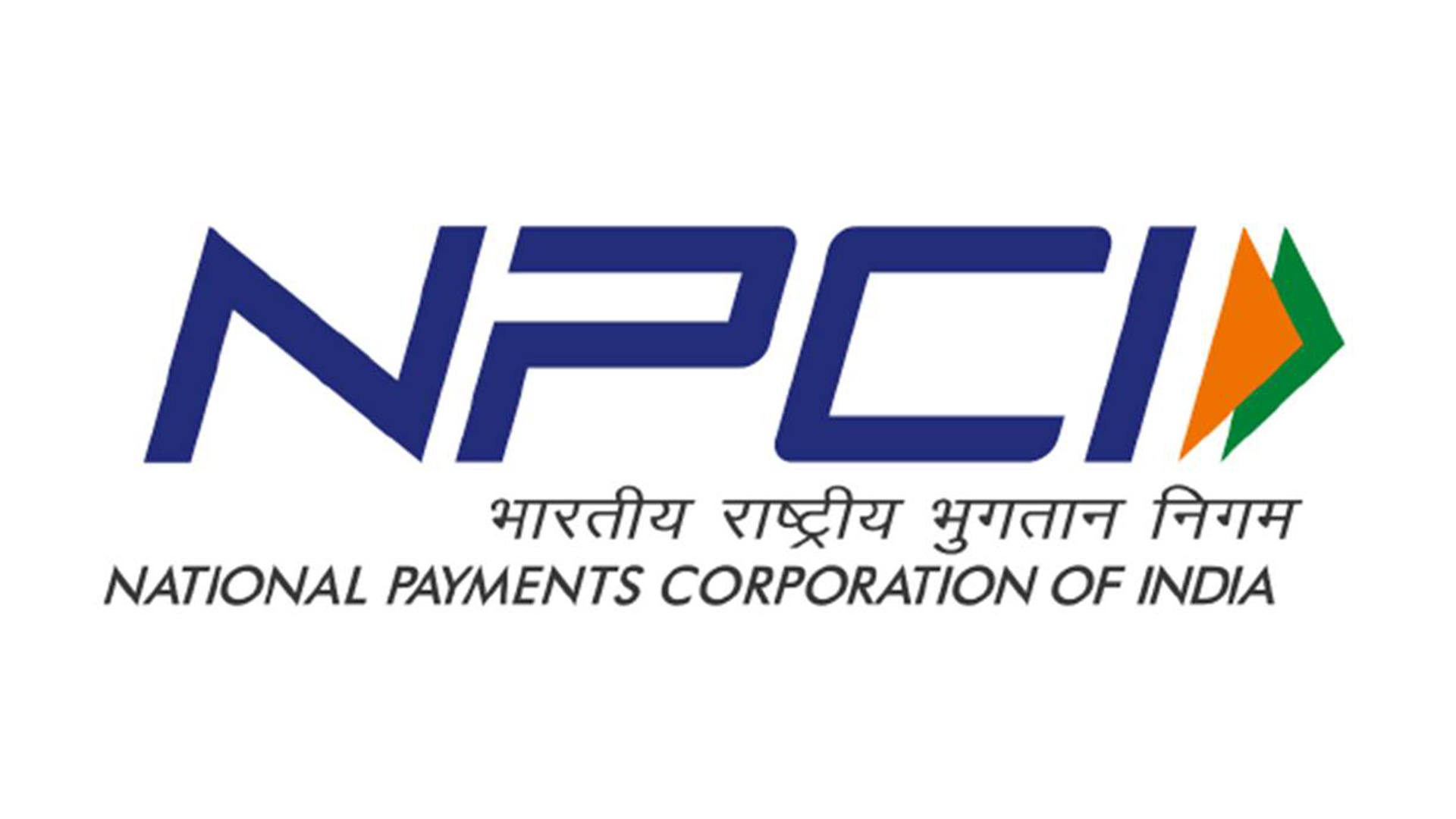Google, Facebook, Amazon mull options for rival to NPCI - We tell you why
For backroom control of payments system

The plan for setting up institutions similar to the National Payments Corporation of India (NPCI) are still only on paper. The Reserve Bank of India (RBI) has merely issued guidelines for setting up of a pan-India new umbrella entities (NUE) for retail payment systems.
Yet, works were afoot by big players like the Reliance Group and Tatas to set up their own payments network. A couple of banks like the SBI and HDFC had also reportedly shown interest in such a network.
Now, global tech giants like Google, Facebook and Amazon --- which of course have a huge stake in India's digital payments ecosystem, are also keen to have tie ups with Indian firms to create a rival to NPCI.
These big names are keen to have their own version of NPCI so as to get a bigger play in the digital payments market in India.
- Digital payments in India: UPI transactions cross 2-billion mark in Oct
- PayTM has returned to Play Store - but, the battle is far from over
- WhatsApp Pay rolls out in India - but there is a caveat
RBI, NPCI and the proposed NUE
Before we get to talk of what Facebook, Google and Amazon are attempting to do in the Indian digital payments ecosystem, it is imperative to understand what NPCI is and the possible rivals for it through the planned NUE.
NPCI was established by the RBI in 2008, as a not for profit organisation, for running retail payments and settlement systems in India. NPCI manages the UPI (United Payments Interface) and RuPay, and also provides electronic tolls payments via FASTag.
Back in August, the RBI announced guidelines to create ‘new umbrella entities’ (NUE) to develop and push technologies for new retail payments systems.
Get daily insight, inspiration and deals in your inbox
Sign up for breaking news, reviews, opinion, top tech deals, and more.
RBI said these new ventures would likely complement the existing platforms run by NPCI rather than compete with or duplicate them.
The new entity, will have to develop new payment methods, standards and technologies, and monitor related issues in India and internationally. It will have to operate clearing and settlement systems and manage risks such as settlement credit.
Products that such an entity develops are expected to be interoperable with the NPCI systems as much as possible.
RBI had said the proposed entity can either be a for profit company or a non-profit organisation.
In its essential nature, NPCI is not a government body, and rivals to its dominance can therefore exist --- similar to the Visa or MasterCard’s payment network. Almost every bank in India is an NPCI member, and supports its UPI and IMPS payment systems.
Govt not keen on another NPCI-like body
The new entity will be a company incorporated in India under the Companies Act, 2013, with a minimum paid-up capital of Rs 500 crore.
As it happens, the Indian government is not enamoured of this plan and has conveyed its concerns to the RBI.
The government feels that payment system should be a core function (like issuing voters ID or Aadhaar) handled by the government and the private sector should be kept at arm's length.
RBI, for its part, wants to avoid concentration of payments risk and the entire system being controlled by one entity. It also feels that competition would help in innovation and efficiency.
Aside from government's reluctance, some stakeholders have expressed concerns over indirect foreign ownership of proposed payments umbrella firms.
RBI has specified that all entities eligible to apply as promoter should be owned and controlled by resident Indian citizens, thus limiting the extent of foreign holding.
But fears are still rife that the payment systems could go under indirect control of foreign owners, since a large number of Indian fintech companies have foreign ownership.
But this cap on foreign holding is what is impelling tech giants to look for Indian partners.
Google, Facebook in talks with Jio
As per a report in Economic Times, Google and Facebook are said to be in talks Reliance Jio to explore the possibility of setting up an NPCI-like body.
Amazon is said to be exploring a few other options. One market gossip is that it might pick some one like the Tatas who are also keen to enter the fray.
Among other companies, Reliance Industries and Paytm are said to be interested in securing licences and running an entity that will compete with NPCI. Banks like the SBI and HDFC are also said to be keen for this venture, it is learnt.
The fact that having one's own payments network system will give one a lot of autonomy is at the core of Google, Facebook and Amazon's desire to get into the ecosystem.
Also, the recently announced 30% cap by NPCI is affecting players like Google that operates Google Pay.
Amazon, of course, has Amazon Pay, and Facebook recently got permission to run WhatsApp Pay.
NPCI has capped the proportion of transactions that a single company can process to 30%. The reason being stated is to “address the risks and protect the UPI ecosystem as it further scales up.”
Source: Economic Times
- Apple M1-powered MacBook Air, MacBook Pro and Mac Mini: price in India and availability

Over three decades as a journalist covering current affairs, politics, sports and now technology. Former Editor of News Today, writer of humour columns across publications and a hardcore cricket and cinema enthusiast. He writes about technology trends and suggest movies and shows to watch on OTT platforms.